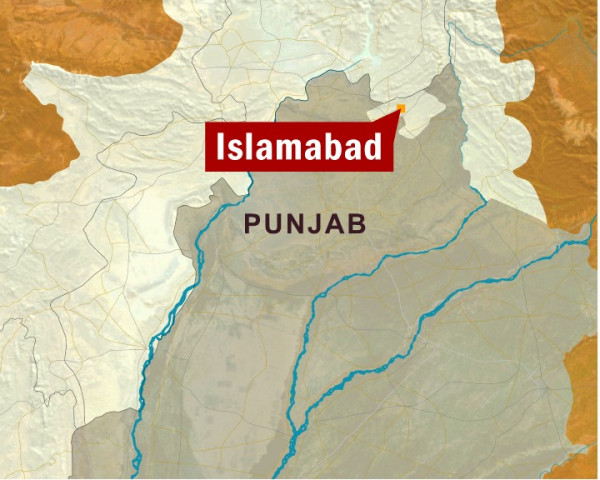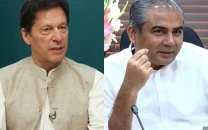Two drone options on the table

US Undersecretary of Defence for Policy Michele Flournoy said here that the option of giving Pakistan UAVs was discussed in the Defence Consultative Group meeting held on August 5 and 6 in Rawalpindi.
“Pakistan has requested UAVs and intelligence equipment and we have offered them (Pakistan) two different systems. The Pakistan military would review our offer and respond in the coming few weeks,” she said. Flournoy added that the tactical UAV system would provide support for surveillance in the federally administered tribal areas.
She said one of these systems was Shadow 200. The Shadow, a tactical UAV system, is designed as a ground manoeuvre commander’s primary day/night reconnaissance, surveillance, target acquisition, and battle damage assessment system.
The second option is ScanEagle, which carries a payload of 6 kilogrammes, and cruises at an altitude of 5,000 metres.
“What the US offers is very basic technology and does not have the capability to carry weapons and is useless for offensive purposes,” said Sajjad Haider, a former Air Commodore.
He said that the Shadow drone can only work in conjunction with the F-16 fighter plane. The drone can highlight the target, which then could be hit by the F-16. He said Pakistan does not have ground intelligence to operate any drone and it would again be dependent on the US.
Sajjad said the US would never give the superior technology which it has been using in Afghanistan and Pakistan. “The Americans will never give any technology which is slightly superior to (that in use by the) Indians,” he added.
The US is using the most advanced drones, predators and reapers, to attack the militants’ hideouts. Pakistan has long been demanding the same technology. However, the prospects of Islamabad acquiring Predators have been quashed.
Flournoy said that “al Qaeda continues to be very dangerous organisation and the US continues to be concerned about the possibility of homeland attack and the threat remains there”. Al Qaeda still exists and can send people around the world, she added.
Flournoy said that the military operation in Pakistan was a very important component in the success of American strategy in Afghanistan.
She insisted that the US was not losing war in Afghanistan, adding that July 2011 would be the beginning of a process of reviewing on-ground situation.
Flournoy also held a meeting with Chief of Army Staff General Ashfaq Parvez Kayani.
She said that during the meeting both the countries reviewed the progress made in the DCG talks, and discussed Pakistan’s security needs and ongoing operation inside Pakistan. She said that the US did not discuss the option of launching operation in North Wazirstan.
She said that improved coordination between the Pakistani and American commanders was necessary to defeat extremists and it would make difficult for them to move across the border.
Flournoy said that the US was not involved in any way in leaks of thousands of classified war documents. “The leak was a criminal act which has put in danger the lives of many people,” she said, adding that the US Justice Department has launched investigations into the leaks.
She told a questioner that the US government was not suspicious about Paksitan’s commitment and there was tremendous cooperation. “Pakistan killed more terrorists than any country in the world and it gave more sacrifices than anybody else”.
She said that the US recognised Pakistan’s efforts in the ongoing war on terror.
Flournoy said that since 2001 the US has provided over $12 billion to Pakistan, including $8.1 billion under Coalition Support Fund. She said this year over one billion dollars would be given for defence assistance and $282 million would be spent on military training.
Published in The Express Tribune, August 7th, 2010.


















COMMENTS
Comments are moderated and generally will be posted if they are on-topic and not abusive.
For more information, please see our Comments FAQ